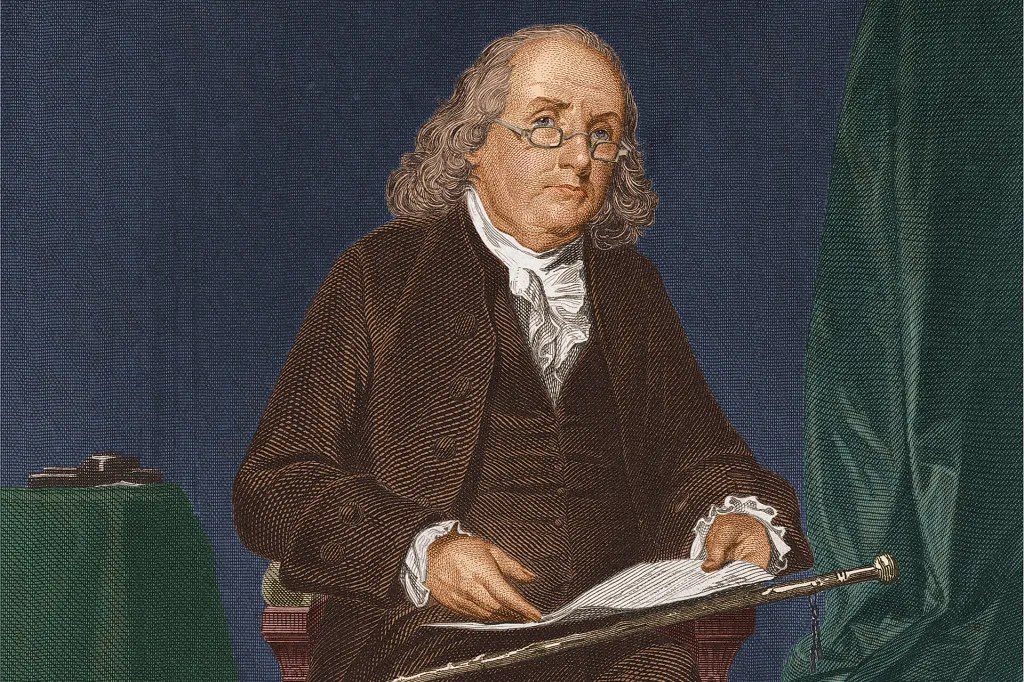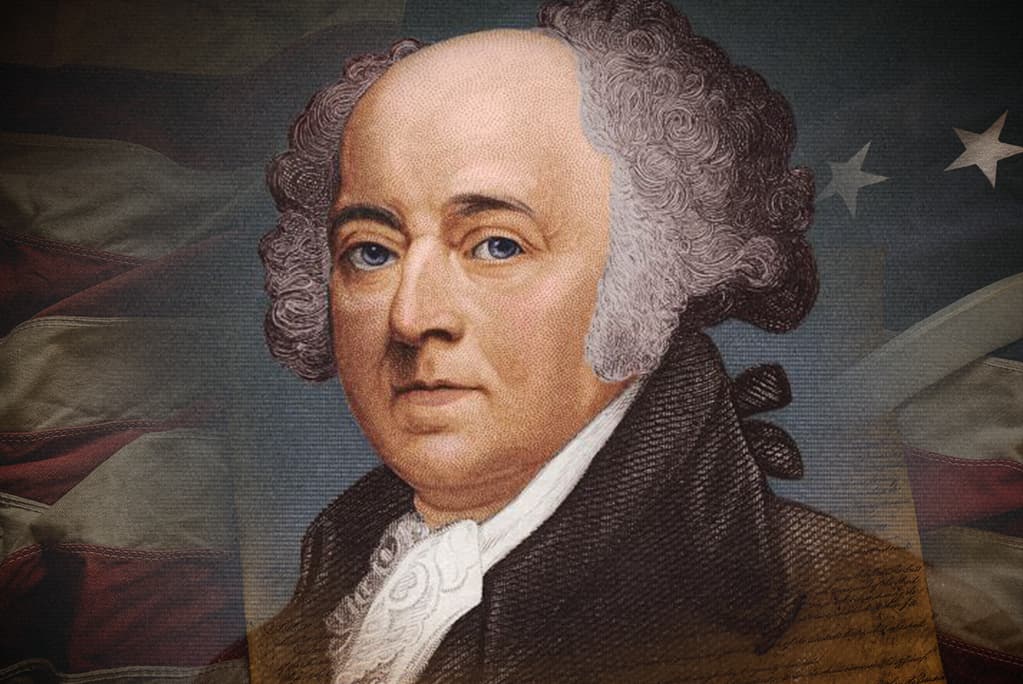Benjamin Franklin

Benjamin anklin shaped nearly every aspect of early American life. He lit up the Enlightenment, sparked revolutions with his pen and politics, and electrified the world—literally. Few humans have ever worn more hats or left behind a brighter legacy.
Biography
Born in Boston in 1706 to a candle maker and his wife, Franklin was the fifteenth of seventeen children. His formal education ended at age 10—but he never stopped learning. A self-taught writer, Franklin ran away to Philadelphia at 17 and soon became a literary force, launching the Pennsylvania Gazette and penning the wildly popular Poor Richard’s Almanack under a slew of pseudonyms.
Franklin’s civic vision transformed Philadelphia. He founded America’s first lending library, its first volunteer fire company, a hospital, a philosophical society, and what would become the University of Pennsylvania. As postmaster, he revolutionized mail delivery across the colonies. Retirement didn’t slow him down—it gave him time to fly kites into storms and invent lightning rods, bifocals, and the Franklin stove.
In the halls of power, Franklin was indispensable. He helped draft the Declaration of Independence, secured French support during the Revolutionary War, and negotiated the Treaty of Paris that ended it. He was the only Founding Father to sign all four major founding documents: the Declaration of Independence, the Treaty of Alliance with France, the Treaty of Paris, and the U.S. Constitution.
Though witty and wise, Franklin was also worldly and strategic. He practiced the art of compromise and diplomacy with uncommon brilliance. At the Constitutional Convention, his age, experience, and calm pragmatism helped bridge divides among younger, more radical delegates. Franklin believed a republic required cooperation—and he modeled it, even when surrounded by disagreement.
Franklin died in 1790 at the age of 84. His funeral drew over 20,000 people. Today, his inventions still work, his quotes still zing, and his name still stands for ingenuity, liberty, and curiosity. He didn’t just live through history—he made it. Then edited it. Then printed it.
Benjamin Franklin shows us that greatness isn't inherited—it’s invented. That curiosity can be revolutionary. That compromise can be courageous. And that public service, when mixed with imagination and ethics, can reshape a country. He’s a reminder that a republic is a living experiment, and it needs tinkerers, thinkers, and truth-tellers like him to keep it going.
?
How did Franklin’s scientific discoveries change public understanding of electricity and natural phenomena?
What does Franklin’s civic work in Philadelphia tell us about his view of citizenship?
Why is Franklin’s role in diplomacy during the Revolutionary War considered essential?
How did Franklin’s personal contradictions—like his views on slavery—shape or complicate his legacy?
What can young inventors and public servants today learn from Franklin’s blend of imagination and pragmatism?
Why did Franklin choose humor and pseudonyms in his writing—and what effect did it have?
What would Benjamin Franklin think of today’s internet—and would he be a viral meme lord?
Dig Deeper
Benjamin Franklin was one of America's founding fathers as well as a scientist, statesman, author, printer, activist, postmaster, and diplomat. He is renowned for his discoveries and theories on electricity and is credited with inventing swimming fins, bifocals, the lightning rod, a flexible catheter, and many other inventions we use today.
Discover more

John Adams
As a lawyer, diplomat, political philosopher, and the second President of the United States, John Adams helped shape the very idea of American liberty.

Thomas Paine
From 'Common Sense' to 'The American Crisis,' Thomas Paine rallied citizens with radical ideas of freedom, democracy, and equality.

Thomas Jefferson
A philosopher, scientist, architect, and statesman, Thomas Jefferson was the principal author of the Declaration of Independence, the third president of the United States, and the visionary behind the Louisiana Purchase and University of Virginia.
Further Reading
Stay curious!
